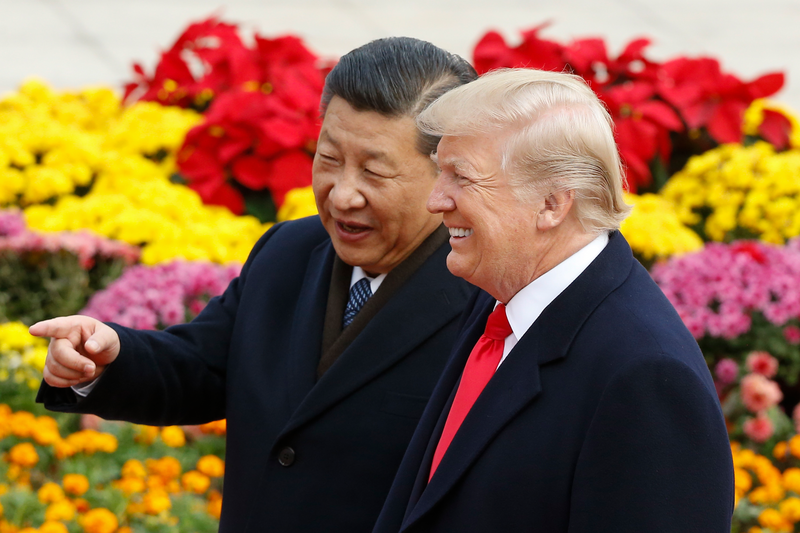“There is no need to reinvent the bank or to thrash about looking for radical new inventions,” Emily Shepperd, the FCA’s Chief Operating Officer and Executive Director of Authorisations, told an audience at the City Week event in London this week.
Instead, she said, there is a need “to address what customers want even if it is outside a current business capability”. And that is where regulators can come in to help innovators “set firm foundations in place on which business can grow”.
When faced with tech innovations that challenge traditional banking models, said Shepperd, many legacy institution executives saw the solution as being to “either invent new things or cut costs”. The first, she said: “sounds exhausting and overwhelming while the second is a race to attrition and a race to the bottom”.
Third way
She cited Finland’s OP Bank as an example of a third way – following the customer and branching out into other services. It transformed from being a bank that sold health insurance into a bank that provided healthcare – it set up an orthopaedic hospital in Helsinki in 2013. It expanded its offer from car insurance to inventing an app with which to rent electric cars and signed a deal with an energy firm to roll out charging points. And it developed smart homes adapted for older people off the bank of its home insurance offer.
“Innovation”, Shepperd said, “is not just about digitising existing services, cutting costs or even inventing new things. It is about thinking about what sorts of services customers will need, not just how they are delivered”.
She directly addressed worries that arise as fintech firms grow and “often find themselves moving towards more regulatory scrutiny and eventually, for example, applying for a banking licence”. But, she emphasised: “It is nothing to fear. The sooner you can get a handle on your regulatory issues, the sooner and faster you can grow.”
“The sooner you can get a handle on your regulatory issues, the sooner and faster you can grow.”
Emily Shepperd, Chief Operating Officer and Executive Director of Authorisations, FCA
Shepperd set out her approach, saying: “while I disapprove of market disruption, I actively embrace disruptors. After all, they may be tomorrow’s stable incumbents.”
“As a regulator,” she continued, “we believe in charting a path before embarking on the journey but keeping our radar switched on so that we can course correct to avoid a threat or steer towards a better opportunity. High standards of regulation will allow us to be in pole position to cope with some of the more tumultuous events, like the ones we have seen in recent weeks.”
She gave a detailed explanation of the measures the FCA is deploying to put the approach she outlined into practice, concluding by telling her audience that “we are one cog in a bigger wheel that is trying to drive innovation forwards”.
Open debate
Her remarks came the day after Sarah Pritchard, the FCA’s Executive Director of Markets, and Executive Director of International, had addressed the same event on the subject of regulation of digital assets, saying crypto had completed a journey from alternative fringe to mainstream and that this rise in popularity meant that “an open debate about risk, mitigation and the limits of regulation” was needed.
Perhaps mindful of the ongoing battles between the crypto industry and the SEC in the US, she emphasised: “We want industry’s input to make sure we get the future regulatory regime for cryptoassets right. We have to have a conversation with policymakers, investors and consumers about the limits of regulation and the appetite for risk.”
But, she said: “We expect crypto promotions to be treated on a par with other high-risk investments and failure to comply will be a criminal offence.”
Pritchard mixed blunt assessment with an embrace of potential opportunity throughout here speech. She said the FCA had been “relentless about warning that consumers need to be prepared to lose all their money if buying cryptoassets” but added “we have always been open to innovation.
“We have to have a conversation with policymakers, investors and consumers about the limits of regulation and the appetite for risk.”
Sarah Pritchard, Executive Director of Markets, and Executive Director of International, FCA
“Cryptoassets and blockchain offers opportunities for more efficient and innovative financial services and products. For example, they can make international cross-border payments faster and cheaper, which could support international trade or help our global workforce more easily send money to friends and family overseas. These are worth exploring.”
She went on: “At the FCA, our current remit over crypto is limited to making sure that crypto firms that operate here comply with anti-money laundering and counter-terrorism legislation. Only when the government legislates will we have more powers to regulate crypto.”
Pritchard predicted that “one of the areas where we will see the most tangible change will be in the regulation of financial promotions. This will come into our remit once the government legislates and firms will have four months to implement the changes. The rules will be published after the legislation is put forward”.
The FCA was also “working closely with the Government on its proposals to regulate stablecoins that can be used for payments” and was part of a crypto asset taskforce “which brings together the Treasury, the Bank of England and the FCA, to assess the potential impact of cryptoassets and distributed ledger technology and what the policy response should be”.
The full texts of the speeches by Emily Shepperd and Sarah Pritchard can be read on the FCA website.















